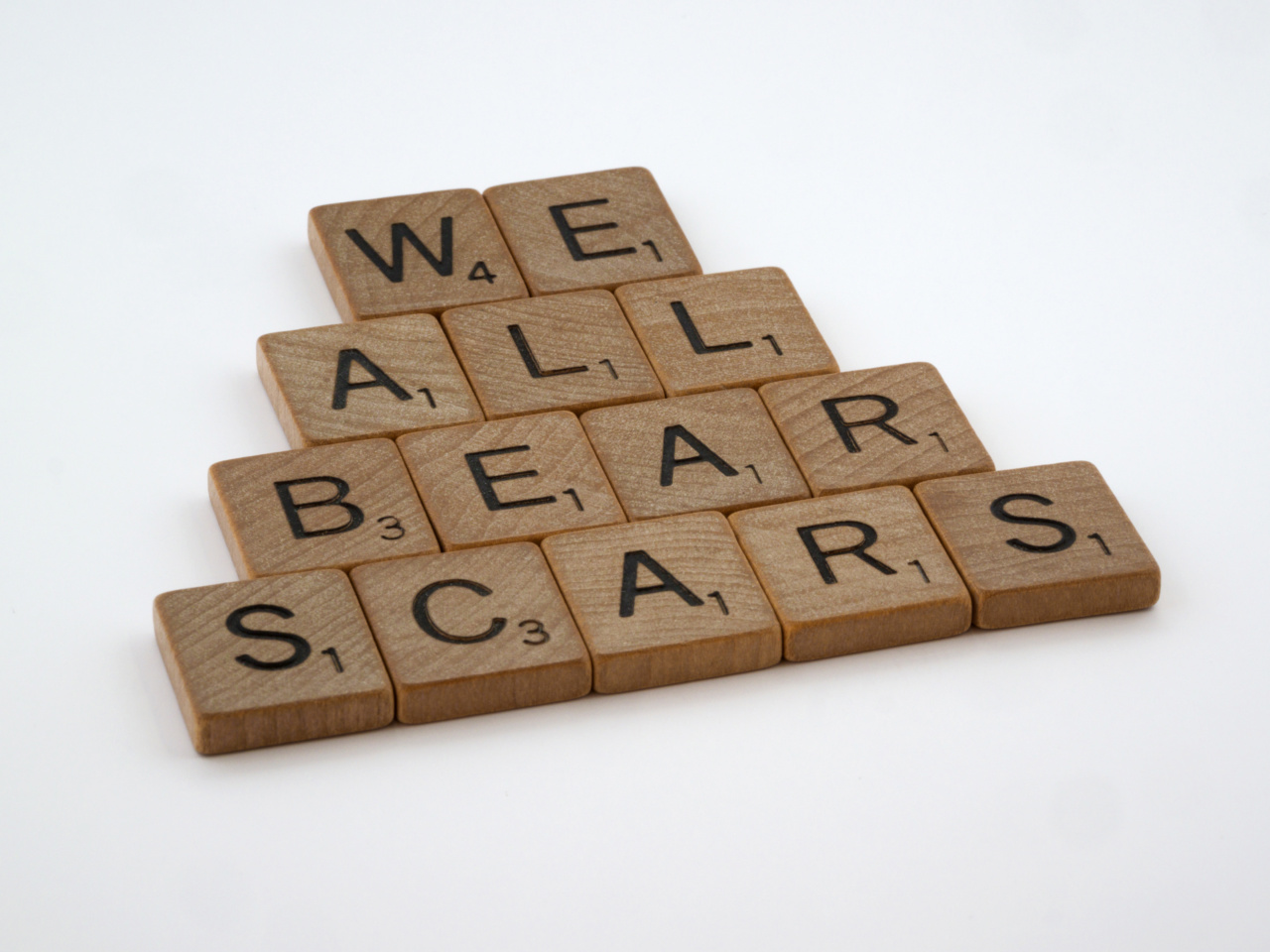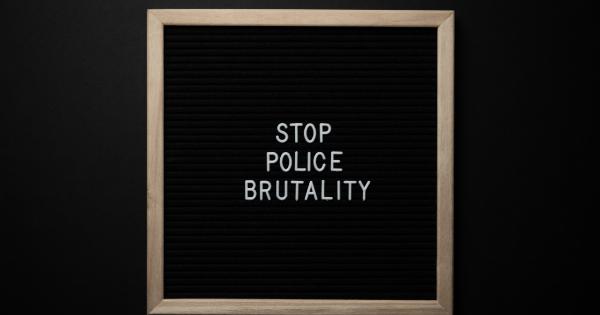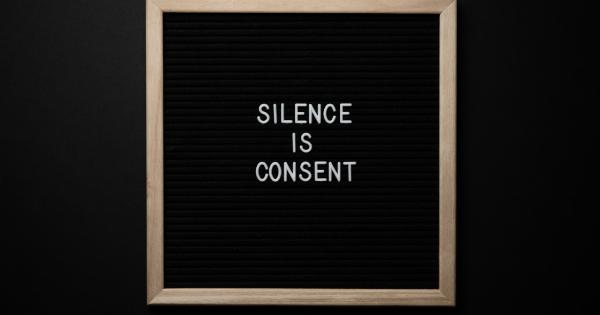Words have always held immense power. They can lift spirits, inspire greatness, and bring joy. Yet, they can also wound, hurt, and leave scars that may never heal.
Hurtful words have a unique ability to cut through the soul, leaving a mark that lasts a lifetime. In this article, we will delve into the impact of hurtful words and how they can affect individuals and their relationships.
The Weight of Hurtful Words
The saying, “Sticks and stones may break my bones, but words will never hurt me,” couldn’t be further from the truth. While physical wounds may heal, the emotional scars caused by hurtful words can last indefinitely.
The weight and magnitude of these words depend on various factors, including the relationship between the speaker and the recipient, the intention behind the words, and the vulnerability of the person targeted.
Words that Pierce the Heart
There are certain words that cut so deep that they leave wounds that are hard to heal. These words tap into our deepest insecurities and exploit our vulnerabilities. They can question our worth, our abilities, and our very existence.
Some of these hurtful words include:.
1. Fat
In a society obsessed with beauty standards, calling someone fat can be devastating. It can trigger body image issues, lower self-esteem, and lead to a spiral of unhealthy habits and mental health struggles.
2. Stupid
Being called stupid can make a person doubt their intelligence and capabilities. This particularly affects individuals who have already struggled academically or faced challenges in their education.
3. Useless
Labeling someone as useless can evoke feelings of worthlessness and insignificance. Being told that you are useless can make it difficult to find purpose and believe in your own abilities.
4. Ugly
Similar to calling someone fat, labeling someone as ugly can lead to deep-seated insecurities and negatively impact one’s self-esteem. It can distort the way a person sees themselves and hinder their ability to form positive relationships.
5. Failure
Failure is a word that can evoke shame, disappointment, and a fear of not being good enough. To be constantly reminded of one’s failures can cause individuals to lose motivation and give up on their dreams.
6. Worthless
Being told that you are worthless can strip away any sense of self-worth and value. It can make it challenging to form healthy relationships and develop a positive sense of self.
7. Alone
Humans are social creatures, and the thought of being alone can be terrifying. Calling someone alone can evoke feelings of isolation, abandonment, and increase the risk of mental health issues such as depression and anxiety.
8. Unlovable
To be perceived as unlovable can be one of the most painful experiences. It can hinder one’s ability to trust, form intimate relationships, and find genuine happiness.
9. Weak
Being called weak can undermine a person’s confidence and sense of inner strength. It can lead individuals to doubt their abilities to overcome challenges and make them susceptible to mistreatment.
10. Worthless
Similar to being called useless, being labeled as worthless can have severe consequences on an individual’s mental and emotional well-being. It can make it challenging to find purpose and believe in oneself.
The Lingering Effects
Hurtful words can leave lasting scars, affecting individuals long after the words have been spoken. The impact of these words can manifest in various ways, including:.
1. Low Self-Esteem
Hurtful words can chip away at a person’s self-esteem, making them question their worth and abilities. It can be challenging to regain a healthy level of self-esteem after enduring persistent verbal attacks.
2. Trust Issues
Being subjected to hurtful words can lead to trust issues, making it difficult for individuals to open up and form deep connections with others. The fear of being hurt again can impede one’s ability to trust and build meaningful relationships.
3. Anxiety and Depression
The constant barrage of hurtful words can contribute to the development of anxiety and depression. Feeling unworthy, unlovable, or inadequate can take a toll on a person’s mental health, leading to these debilitating conditions.
4. Self-Isolation
Individuals who have experienced the impact of hurtful words may withdraw from social interactions and isolate themselves from others.
The fear of being judged or subjected to further verbal attacks can push individuals into a state of self-imposed solitude.
5. Negative Self-Talk
Internalizing hurtful words can lead to a pattern of negative self-talk. Individuals may continue to repeat these words to themselves, reinforcing the negative beliefs and perceptions created by the hurtful words.
6. Escaping Reality
Some individuals turn to unhealthy coping mechanisms, such as substance abuse or self-harm, to escape the pain caused by hurtful words. These destructive behaviors provide temporary relief but exacerbate the long-term consequences.
Recovering from Hurtful Words
While the effects of hurtful words can be long-lasting, it is possible to recover and heal from the scars they leave behind. Here are some strategies for overcoming the impact of hurtful words:.
1. Self-Awareness
Recognize that the hurtful words spoken by others are a reflection of their own insecurities and concerns. Cultivate self-awareness to differentiate between your true worth and the words that were used to diminish you.
2. Seek Support
Reach out to trusted friends, family, or professionals who can provide a safe space for you to express your feelings and seek guidance. Surround yourself with a supportive network that will uplift you and help you heal.
3. Practice Self-Compassion
Show yourself the compassion and kindness you deserve. Treat yourself with love and understanding, realizing that no one is perfect and that hurtful words do not define your worth.
4. Challenge Negative Thoughts
Counteract negative self-talk by challenging and replacing harmful thoughts with positive affirmations. Remind yourself of your strengths, accomplishments, and the love and support you have in your life.
5. Educate Others
Spread awareness about the impact of hurtful words and encourage empathy and understanding in your community. Educating others about the power of their words can help prevent future harm.
6. Cultivate Resilience
Build resilience to bounce back from the effects of hurtful words. Engage in activities that bring you joy, practice self-care, and develop a positive mindset that is immune to the negativity of others.
Let Kindness Prevail
Hurtful words may leave scars, but it is vital to remember the power of kindness. Just as hurtful words can wound, kind words can heal.
By consciously choosing to speak and spread kindness, we can create a world that uplifts, supports, and respects one another.





























